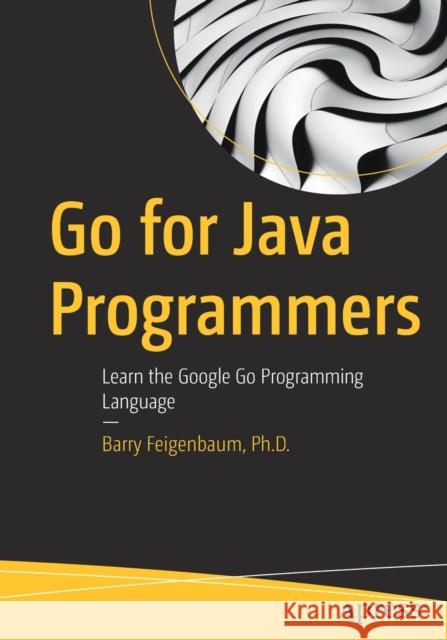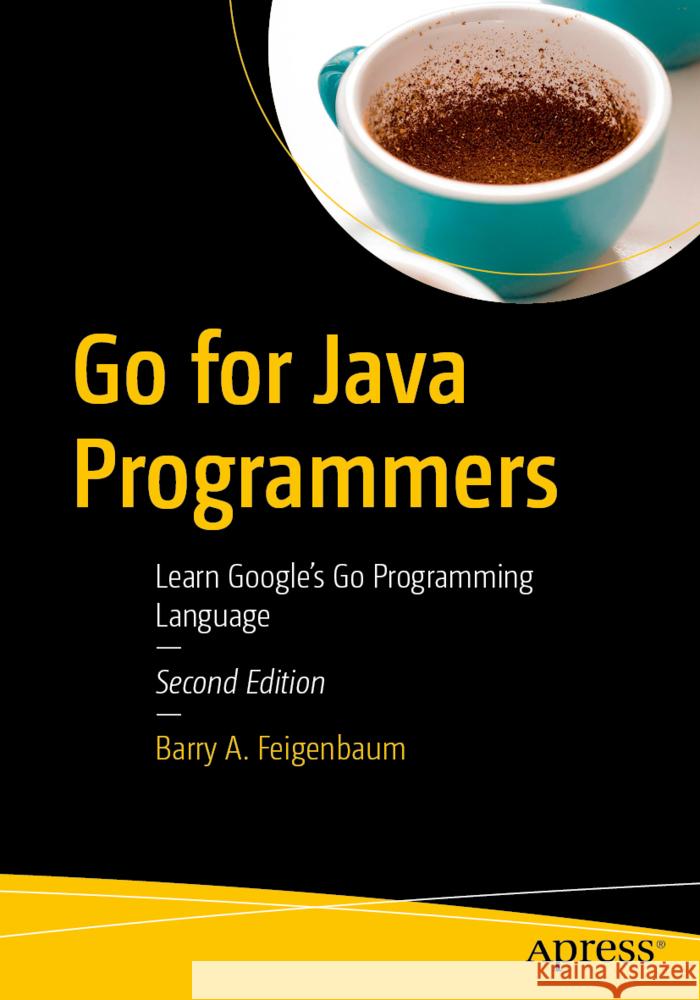Wyniki wyszukiwania:
wyszukanych pozycji: 2
 |
Go for Java Programmers: Learn the Google Go Programming Language
ISBN: 9781484271988 / Angielski / Miękka / 2021 / 620 str. Termin realizacji zamówienia: ok. 22 dni roboczych. |
cena:
261,02 |
 |
Go for Java Programmers
ISBN: 9798868819063 / Angielski / Miękka / 614 str. Termin realizacji zamówienia: ok. 10-14 dni roboczych. Get an in-depth introduction to the Go programming language and its associated standard runtime libraries. This book is tailored for Java programmers to utilize their existing knowledge to learn Go. You will get a deep understanding of the Go language and obtain a good introduction to the extensive Go standard libraries. The Second Edition is updated for new and enhanced APIs in both Java and Go, including revised discussions on modules and Go generics. Through clear descriptions of Go features, contrasted with similar Java features and new extensive code examples, you will possess... Get an in-depth introduction to the Go programming language and its associated standard runtime libraries. This book is tailored for Java programme... |
cena:
304,78 |










